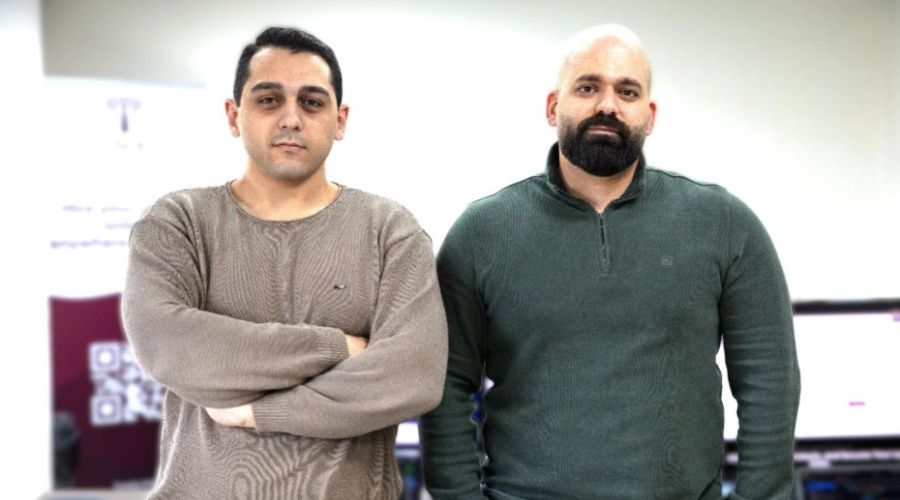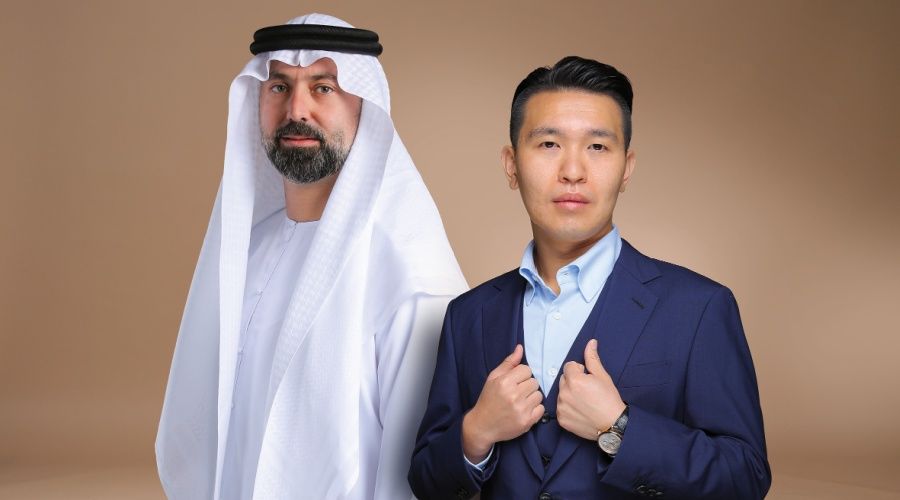A Saudi startup, Polymeron, which specializes in developing biodegradable plastic alternatives from agricultural and poultry waste, is preparing to launch its products after more than a decade of research and development. The company, founded by a group of students from King Abdullah University of Science and Technology (KAUST), highlights both the opportunities and challenges of transforming academic research into viable commercial projects in the Kingdom.
By the Numbers
The startup’s journey has been long, marked by significant milestones and challenges:
- 10+ Years: The duration of research and development behind the company’s technology.
- $1 Million: The value of the “Omnipreneurship” award for innovation and sustainability that Polymeron won from Tanmiah Food Company.
- $200 Million: The size of the fund backing the National Transformation Institute (NTI) for Applied Research, a new KAUST entity designed to support emerging innovations.
From University Lab to Commercial Product
Polymeron produces granules made from palm waste that can be used to manufacture single-use items like plastic utensils and shopping bags. The company later developed its technology to process poultry waste, including feathers and straw, to produce non-food-grade plastic materials and has begun exploring applications for 3D printing.
While the technology has proven its viability and the product is ready for market, with patents pending in Saudi Arabia and the United States, the commercialization process has been slow. “We started the project from scratch without any resources,” said co-founder Rodrigo Jimenez Sandoval. “Research and development takes a long time and requires significant human and financial resources, which is why we were only able to establish a production line this year”.
Bridging the Gap Between Academia and Industry
Polymeron’s experience reflects a broader challenge in Saudi Arabia’s efforts to foster innovation under Vision 2030. Experts note that bridging the gap between the academic environment and the business world remains a global obstacle. “It is unfair to expect academic researchers to turn their ideas into commercial successes; entrepreneurship and risk-taking are completely different skills, and the bridge between the two worlds is still very weak,” said Roland Hancock, a partner at PwC specializing in education.
To address this, Saudi Arabia has intensified its efforts. In 2023, the National Transformation Institute (NTI) for Applied Research was established at KAUST, backed by a $200 million fund. In the same year, “The Garage” was launched in Riyadh to support up to 300 startups. Despite these efforts, the number of companies emerging from these initiatives remains limited.
The Path Forward
Polymeron has benefited from several national initiatives, receiving grants from the “Taqadam” accelerator at KAUST and winning the $1 million “Omnipreneurship” award. The company expects to begin commercial production of its granules next year after signing a preliminary agreement with a potential buyer, but it is still searching for its first major investor despite receiving several grants.
Source: Erem Business














